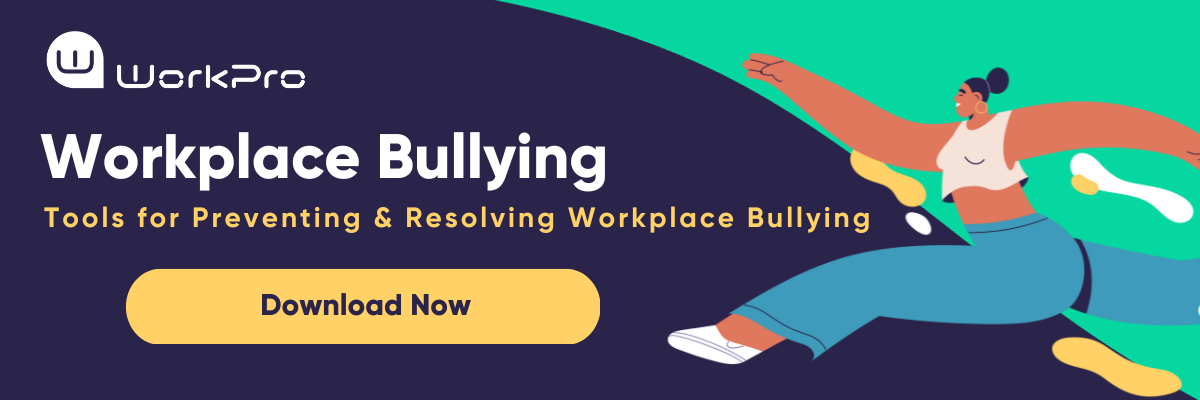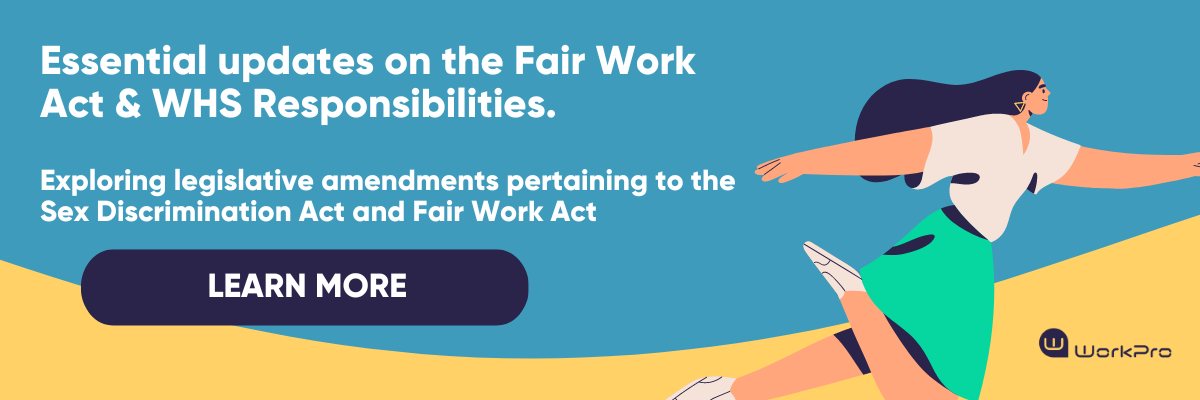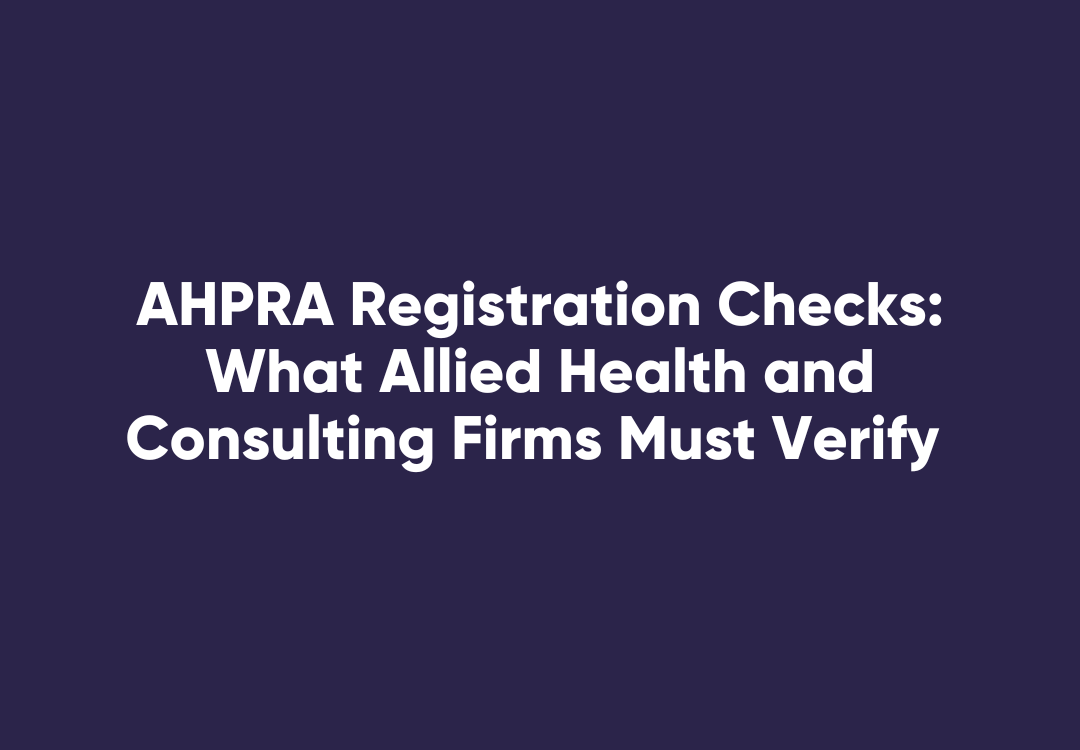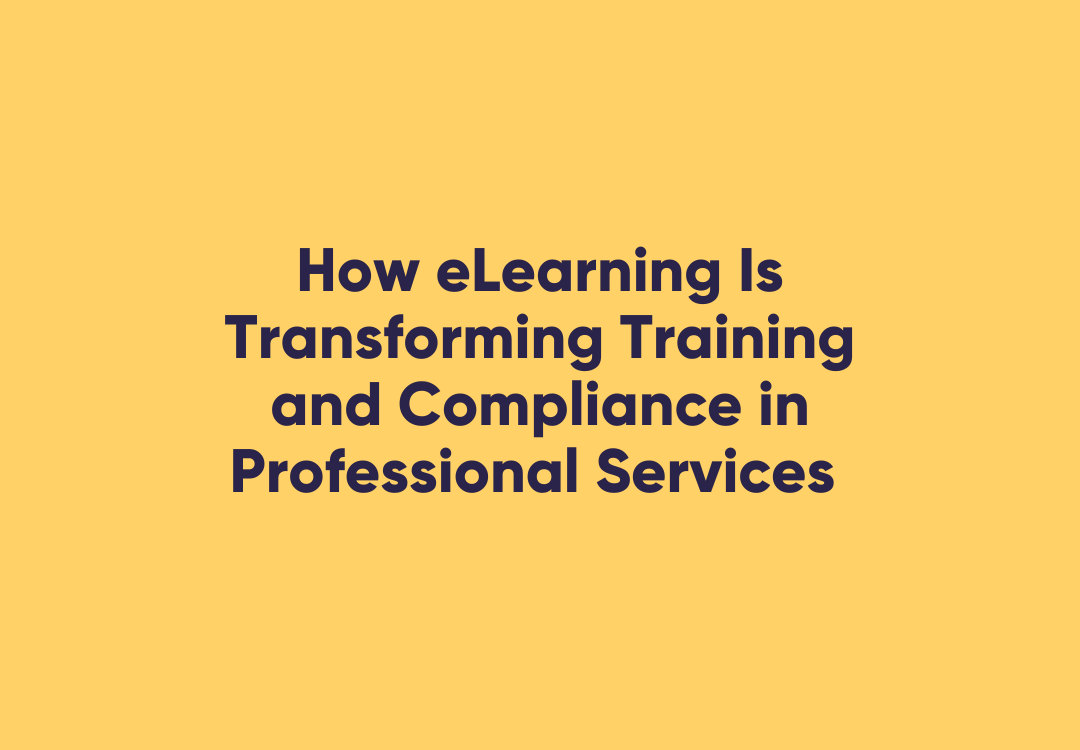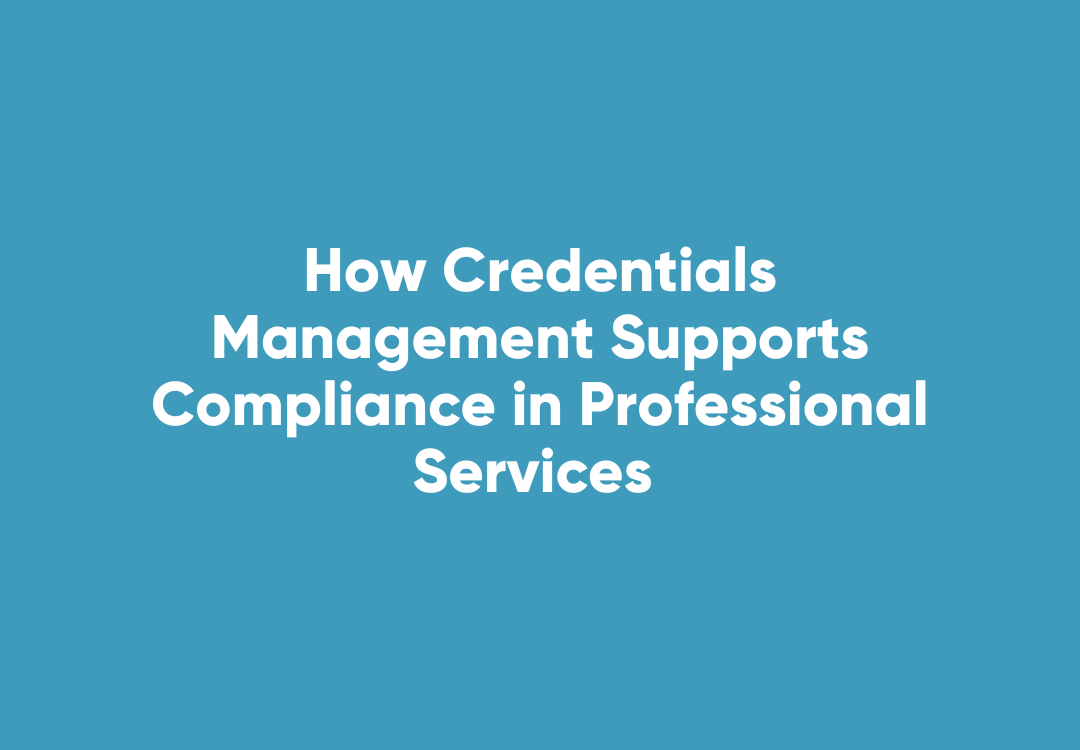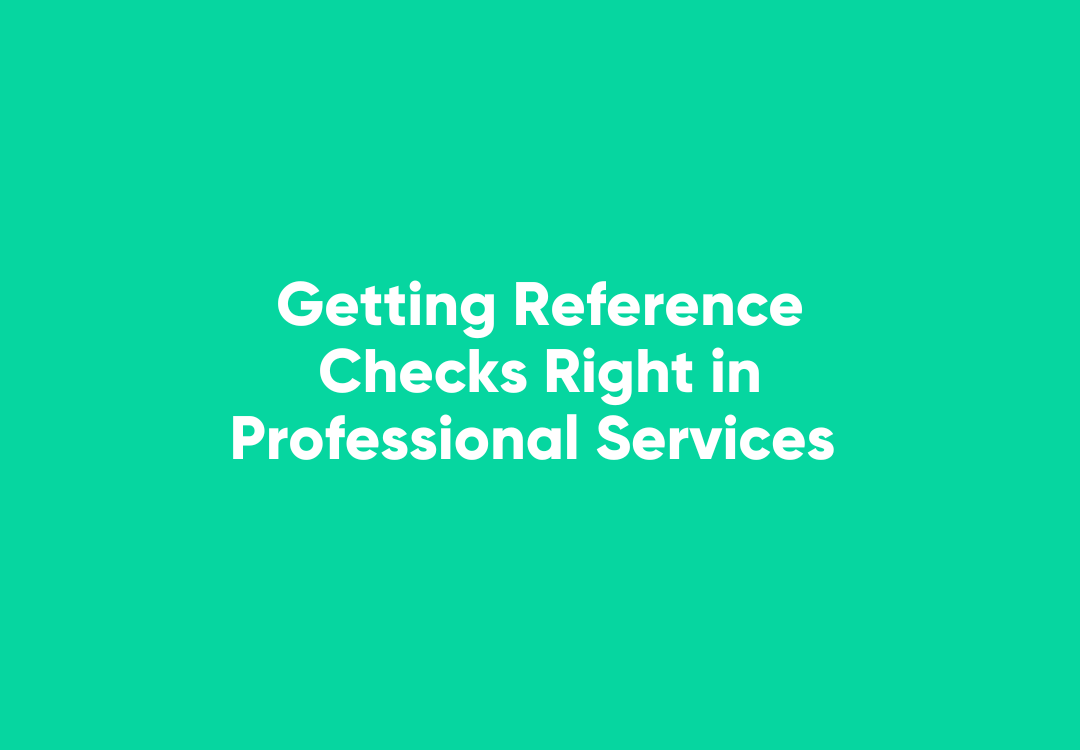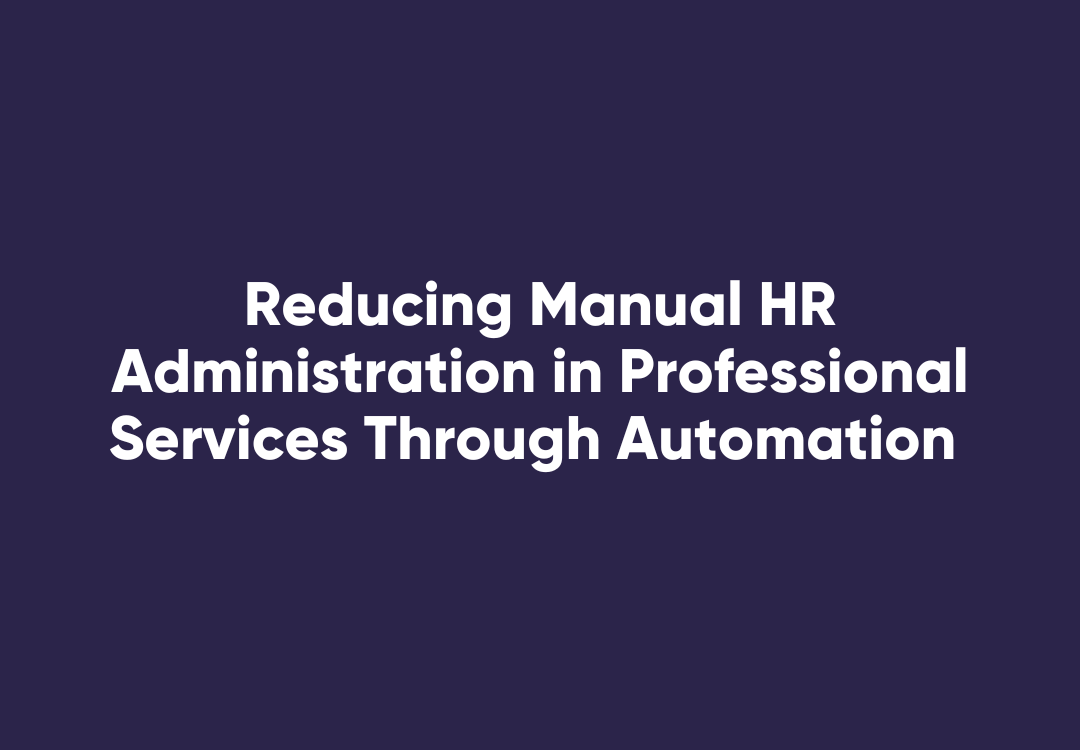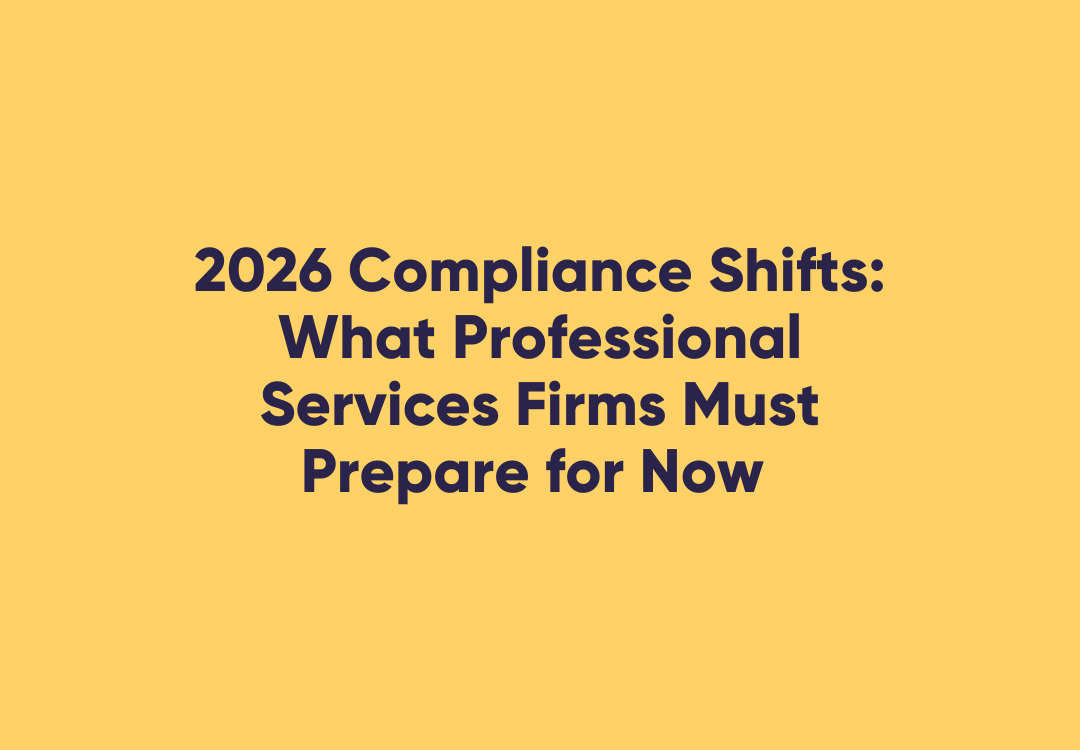Tackling Sexual Harassment in the Workplace: A Call to Action
In a recent landmark ruling, a Victorian boss and two related businesses have been fined a total of $290,000 in relation to sexual harassment in the workplace. This marks the state's first conviction of its kind under workplace health and safety laws.
The Facts of the Case
This landmark ruling stems from the distressing experiences of six young cafe workers, some as young as 16, who endured both physical and verbal sexual harassment by their employer. With fines totaling $250,000, it's a stark reminder of the imperative for employers to prioritise workplace safety.
The Significance of the Ruling
This conviction is significant for a number of reasons. First, it is the first time that an employer has been convicted under Victorian workplace health and safety laws for failing to prevent sexual harassment in the workplace. Second, the case highlights the importance of employers taking steps to prevent sexual harassment from occurring in the first place. Third, it sends a strong message to employers that they will be held accountable for failing to protect their employees from sexual harassment.
What is sexual harassment?
Sexual harassment is any unwelcome sexual advance, request for sexual favours, or other verbal or physical conduct of a sexual nature that makes an individual feel offended, humiliated, or intimidated. It can happen in a variety of settings, including the workplace.
What are the effects of sexual harassment?
Sexual harassment can have a number of negative effects on victims, including:
- Emotional distress: Victims of sexual harassment may experience a range of emotional distress, including anxiety, depression, and post-traumatic stress disorder (PTSD).
- Physical health problems: Sexual harassment can also lead to physical health problems, such as headaches, stomach-aches, and sleep problems.
- Work problems: Sexual harassment can make it difficult for victims to focus on their work and can lead to problems with productivity and absenteeism.
- Career problems: Sexual harassment can also damage a victim's career and make it difficult to find and keep a job.
What can victims of sexual harassment do?
If you are experiencing sexual harassment at work, there are a number of things you can do:
- Report the harassment to your employer: Your employer is legally obligated to take steps to investigate and address complaints of sexual harassment.
- File a complaint with the Equal Employment Opportunity Commission (EEOC): The EEOC is a federal agency that enforces laws against sex discrimination, including sexual harassment.
- Seek legal advice: An attorney can help you understand your rights and options under the law.
What can employers do to prevent sexual harassment?
Employers can take a number of steps to prevent sexual harassment from occurring in their workplaces, including:
- Develop and implement a clear and comprehensive sexual harassment policy: The policy should define sexual harassment, outline reporting procedures, and explain the consequences of violating the policy.
- Provide training to employees on sexual harassment: Training should help employees understand what sexual harassment is, how to recognise it, and how to report it.
- Establish clear reporting procedures for complaints of sexual harassment: Reporting procedures should be easy to understand and accessible to all employees.
- Take prompt and effective action to investigate complaints of sexual harassment: Investigations should be conducted promptly and thoroughly, and appropriate action should be taken against any employees found to have engaged in sexual harassment.
- Create a workplace culture that respects all employees: This includes creating a culture where employees feel comfortable reporting sexual harassment and where they are confident that their complaints will be taken seriously.
A Safer Workplace with WorkPro
WorkPro is a well-positioned HR tech compliance solution that can assist employers in delivering practical elearning for anti-bullying, discrimination, and harassment to a workforce.
WorkPro provides a comprehensive suite of training materials that can help employers to understand their obligations under the law, as well as how to identify and report inappropriate behaviour.
The platform also provides easy-to-use reporting tools that make it easy for employers to monitor the completion of training materials as well as upcoming expires, ensuring ongoing compliance.
Going beyond, WorkPro’s background checks provide valuable insights into a workforce’s history, unveiling any past convictions or reports related to sexual assault or harassment.
By providing these valuable resources, WorkPro can help employers to create a safe and respectful workplace for all employees.
Don't Miss Out
Watch WorkPro's recent webinar delving into these crucial issues and providing actionable insights on what employers can do to promote a secure and inclusive work environment. Your journey to a safer workplace starts here.
The conviction of the Victorian boss and two related businesses is a welcome step towards stamping out sexual harassment in the workplace. Employers must take their obligations seriously and take all reasonable steps to prevent sexual harassment from occurring. If they fail to do so, they risk facing significant penalties.


